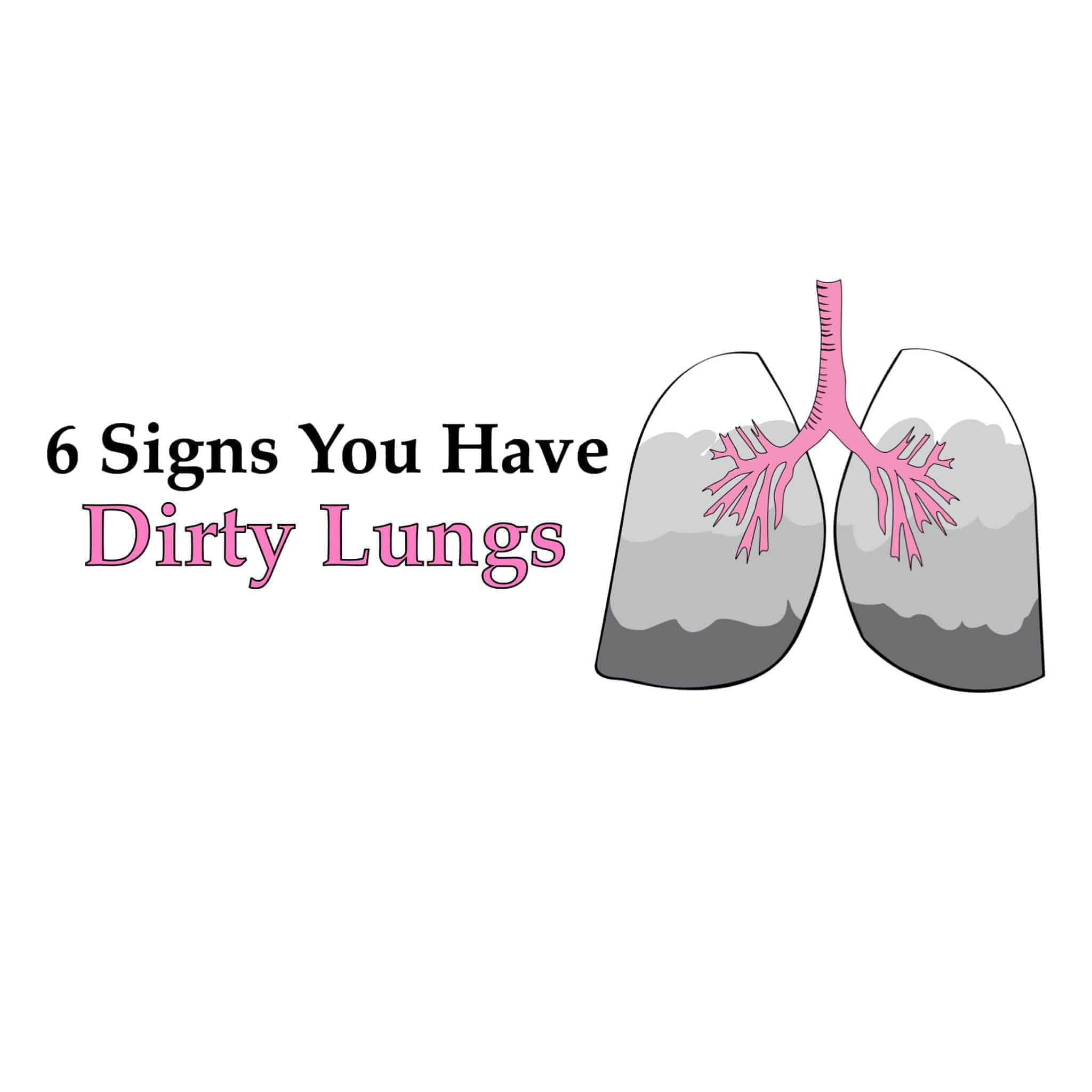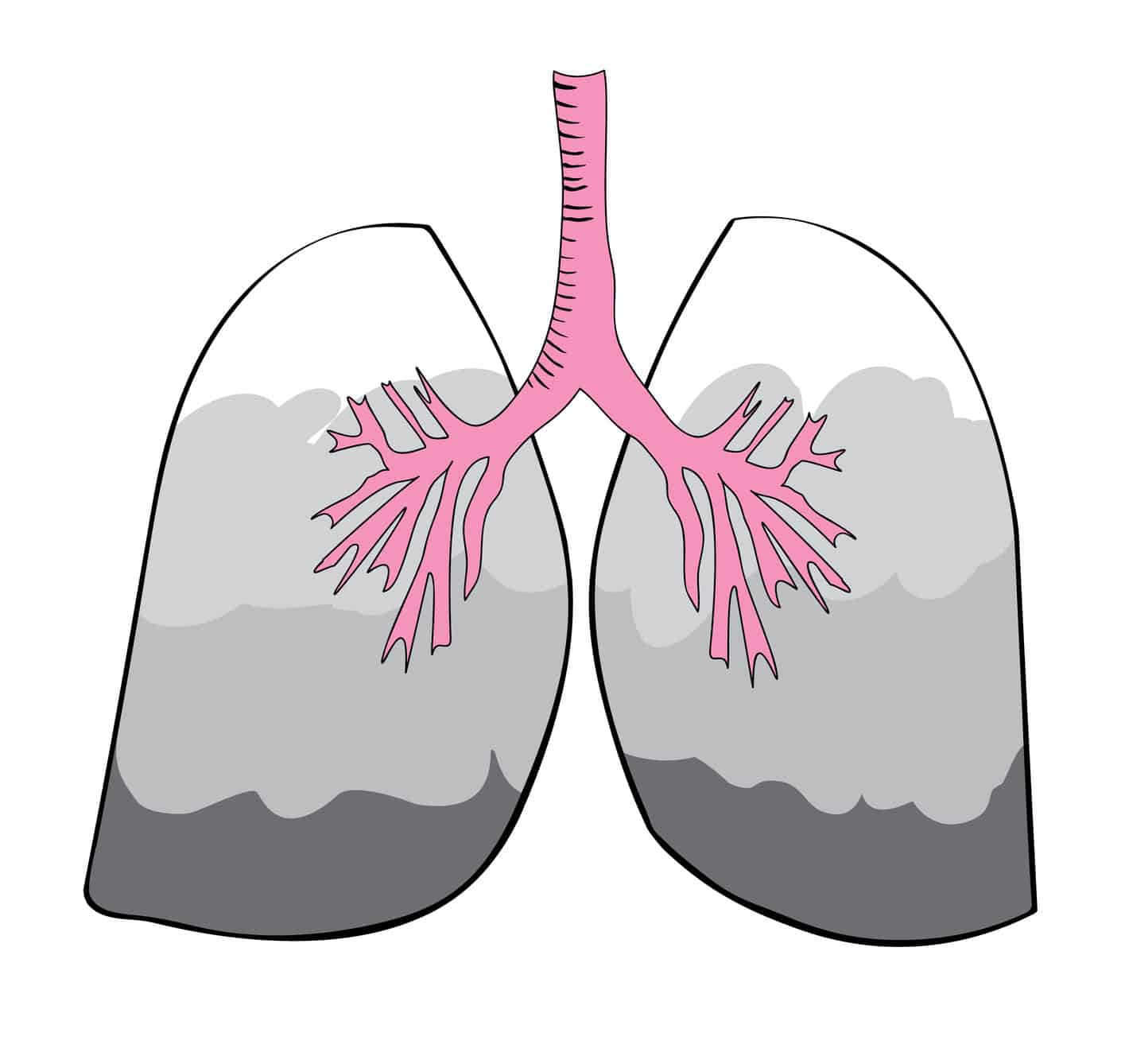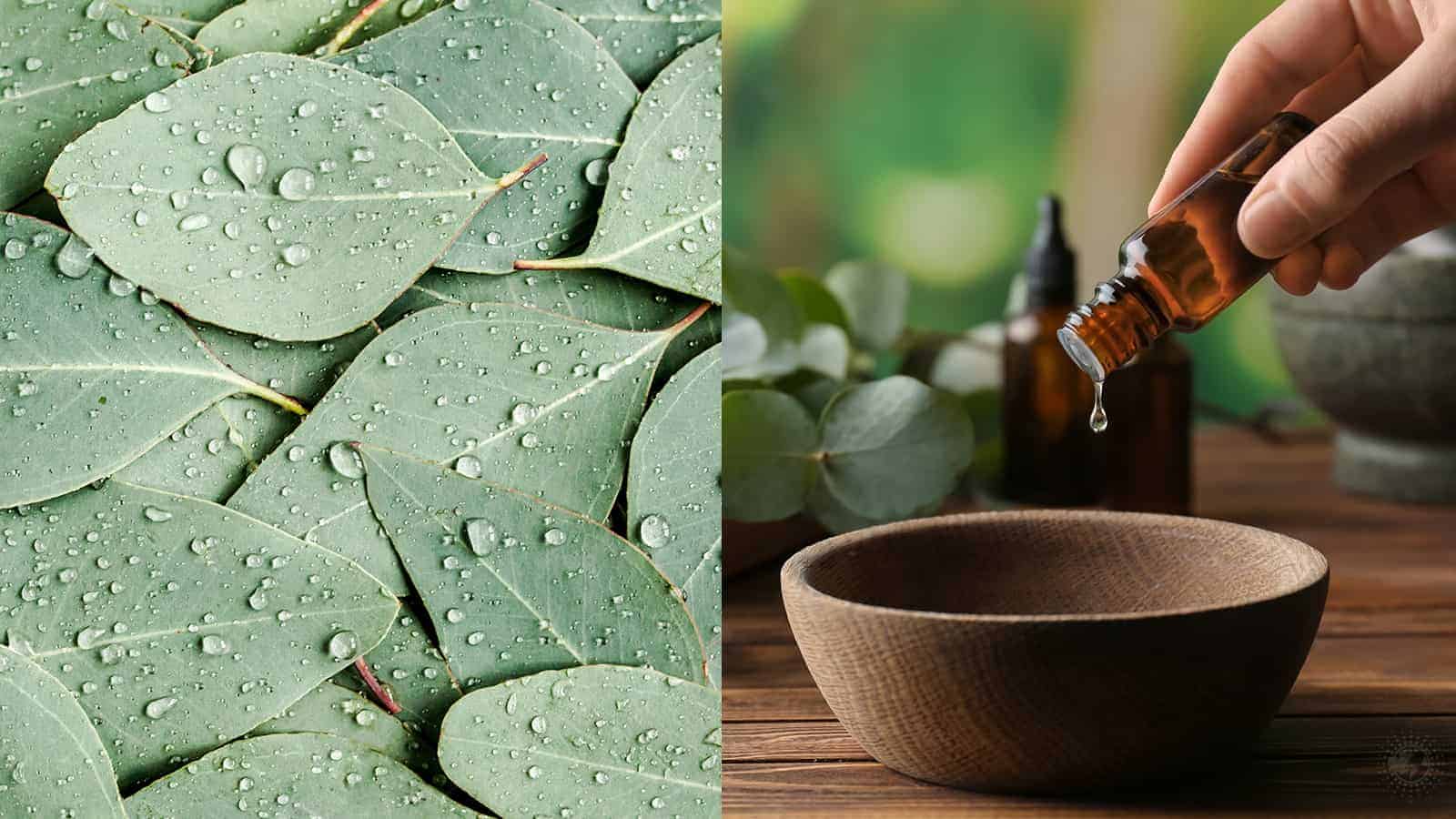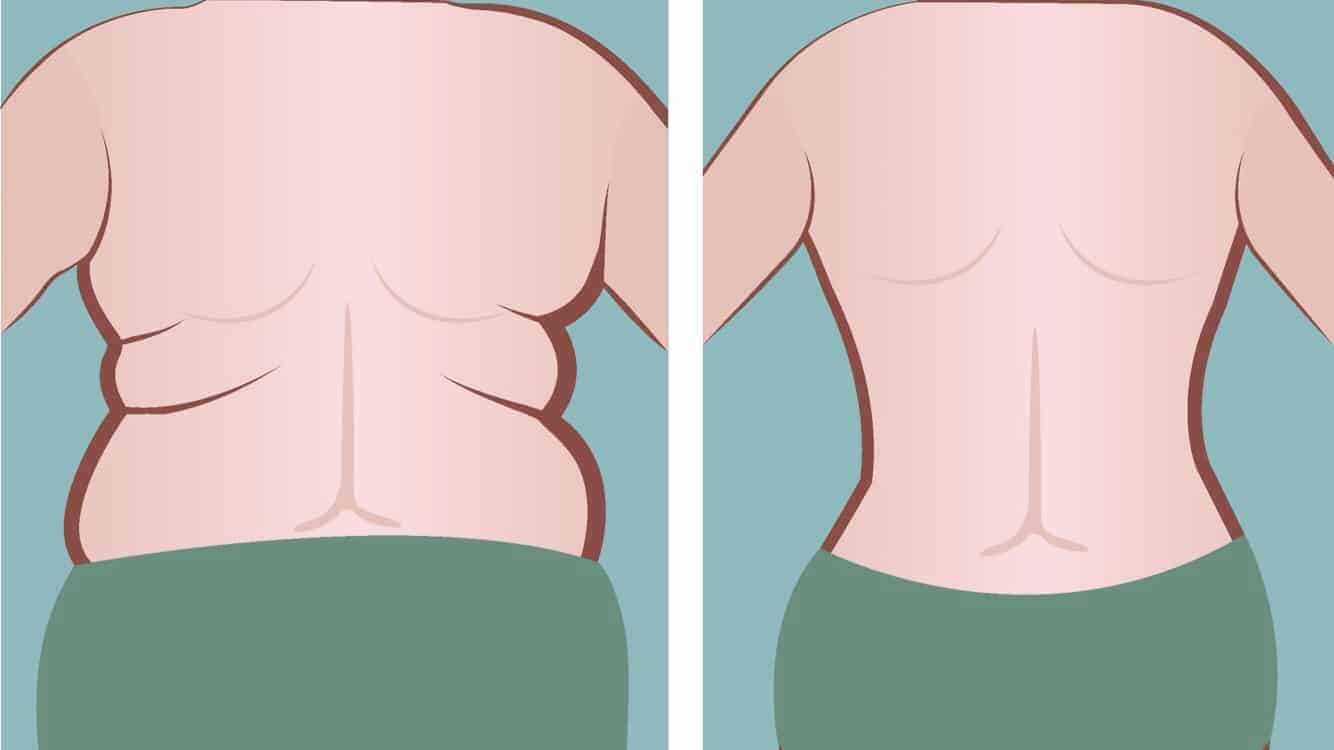What do we know about our lungs? “Well, isn’t that where we store air to breathe… to, uh, stay alive and all?”
Yes, the lungs perform that vital function, but they’re magnificent organs when explored. So, before we examine what harms these critical organs, let’s take a closer look at what they entail.
Our lungs are sponge-like in texture and serve as the refining organ in the consumption and breakdown of oxygen. When we inhale air through our nose or mouth, the air travels down into the larynx and through the trachea. This air then reaches our left and right bronchi, transporting the air to the lung. The air then moves to the alveoli – microscopic sacs that absorb oxygen from the air – via the bronchioles. The alveoli then transfer the oxygen into our bloodstream. Finally, the carbon dioxide waste taken from the air is transferred back from the blood to the alveoli, where it is exhaled.
What Happens When Someone Has Dirty Lungs
Okay, so the biology lesson is over. It’s not as simple as just breathing in and out. Remarkably, such a complex process completes in a matter of just a couple of seconds. Unfortunately, any miscue in this complex process usually results in either chronic or acute lung damage.
If someone suffers from a lung condition, it’s usually a result of damage to the alveoli (the lung’s air sacs) of the bronchi (large lung airways). Three of the most common ailments of the lungs – bronchitis, asthma, and emphysema – result from an abnormality involving the bronchi or alveoli.
Smoking is so damaging because it stunts normal lung function. Chronic obstructive pulmonary disease, or COPD, most commonly occurs in those that smoke. This lung damage creates difficulty breathing out, resulting in shortness of breath. Emphysema (a type of COPD) is usually the result of smoking, like tobacco smoke damages the alveoli, trapping air in the lungs and making it difficult to breathe normally.
While smoking is undoubtedly a cause of lung damage in many cases, but it’s not the only factor – infections and genetics also play a role. As mentioned, the lungs are only a part of a complex system, and damage to any part of this system can result in severe lung problems.
The positive news (finally!) is that the lungs can be repaired. Obviously, the extent to which the lungs can heal depends upon the circumstances. But there are certain actions that we can take to aid this healing process.
Let’s discuss six common signs of dirty lungs first:
If you have any of these symptoms, your lungs might need some TLC.
Sign #1: Chronic cough
When a cough lasts for over a month, it is considered chronic. In all likelihood, medication has been tried and failed. This should be taken as a sign that something is wrong with the respiratory system.
Sign #2: Persistent mucus production
When our airways are irritated or infected, they produce mucus (or phlegm) as a defense. If this continuous mucus production lasts longer than a month, it may be a warning sign of lung problems.
Sign #3: Lasting chest pain
Chest pain that inexplicably lasts for longer than a month may be a warning sign. It’s a sign that the lungs are involved if the chest pain is brought on or made worse from inhaling, exhaling, or coughing.
Sign #4: Shortness of breath
When shortness of breath occurs, it is usually due to a heart or lung condition. This symptom can be narrowed down to either/or since both are involved in transporting oxygen to tissues and removing carbon dioxide. When either one of these problems occurs, it results in shortness of breath.
Sign #5: Coughing blood
When coughing up blood, it’s always a problem with the lungs or the upper respiratory tract. Needless to say, this is something that requires immediate attention, as it may signal a severe health problem.
Sign #6: Wheezing
Wheezing is a high-pitched whistling sound that usually occurs when breathing out (exhaling) but may occur when breathing in. This is typically a sign that a foreign object blocks the normal air flow into the lungs or constricts the lung’s airways.
Six Ways to Help Promote Healing of Your Lungs
Now that we know what to look for, here are six ways to help purify your lungs.
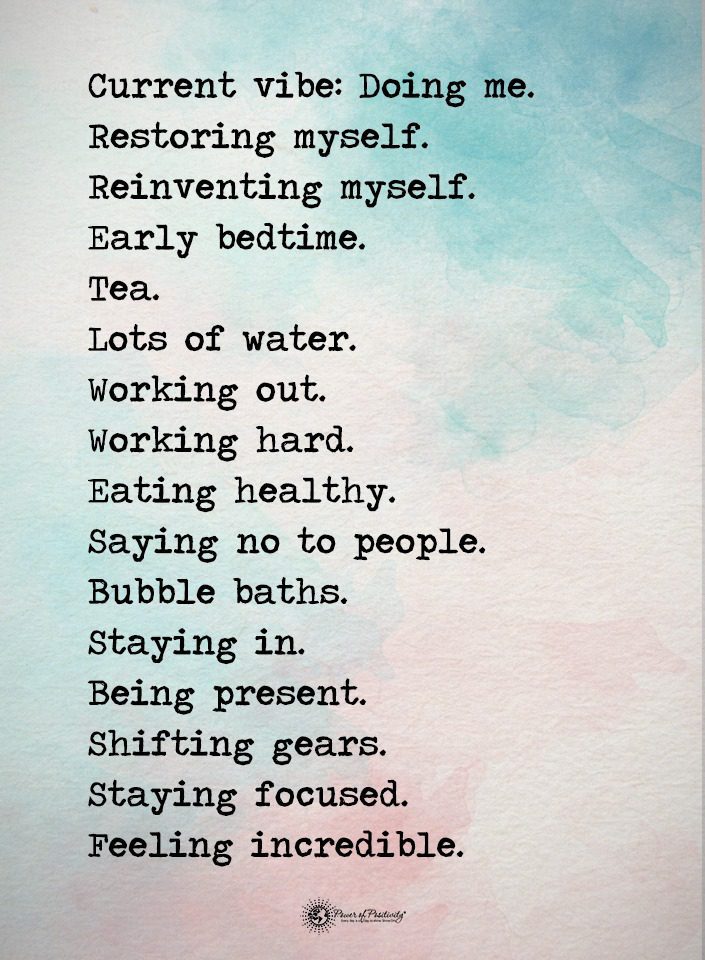 1. Don’t smoke
1. Don’t smoke
If it isn’t apparent by now, smoking is probably the worst thing someone can do to their lungs. Hopefully, an education on what this harmful habit does to the lungs is enough to get someone to quit; if not, seek out some people for support. There are plenty of terrific, free resources available online that could help. There’s even a smoking hotline.
2. Breathe deep
Deep breathing for half an hour a day can help purify the lungs. This practice flushes out many of the impurities that accumulate in the lungs. Meditation and yoga are two great practices to take on for this purpose, and they will help with the mental aspect of purification.
3. Drink green tea
Catechins are antioxidants that may help reduce the risk of lung cancer, and green tea is a rich source. In a study done at Chung Shan Medical University in Taiwan, researchers discovered that drinking green tea could reduce the risk of lung cancer by up to five times. Dr. I-Hsin Lin states: “The antioxidants may inhibit tumor growth,” and “Green tea can protect them from lunch cancer risk, a cup or more a day (is recommended,” according to the lead researcher.
4. Load up on antioxidants
Ingesting antioxidants appeared to be a recurring theme in researching this article. Another source states that drinking 400 ml of pineapple or cranberry juice before bed helps fight infection-causing lung bacteria.
5. Use the eucalyptus
Eucalyptus contains a natural expectorant (decongestant) compound that helps clear our lungs of toxins. Apparently, the plant is terrific in helping to soothe a sore throat and sinus problems. A great way to achieve this effect is by putting 5 to 10 drops of eucalyptus oil in a bowl of hot water, placing the head over the bowl, and covering the head with a towel. That certainly sounds refreshing!
6. Get some oregano
Another natural decongestant is oregano, which also contains anti-histamine properties. Combined, these elements effectively clear nasal pathways and assist respiratory function. To get these terrific benefits, sprinkle some oregano into food or drink daily.

